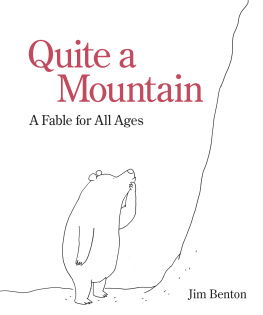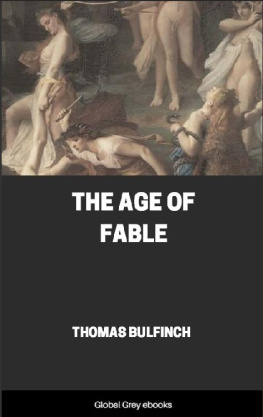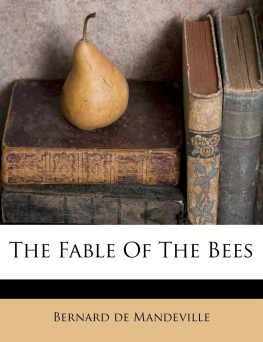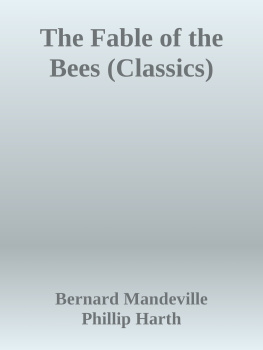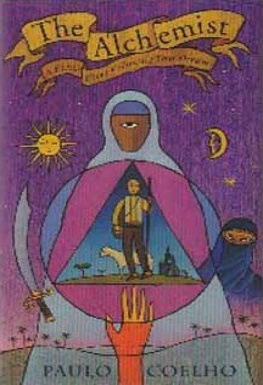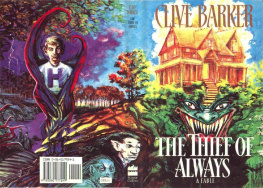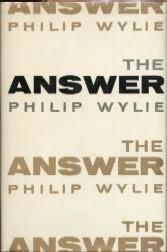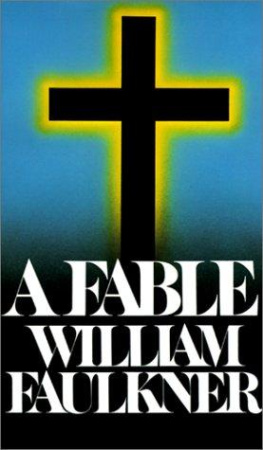THE BERNARD SHAW LIBRARY
ANDROCLES AND THE LION
Bernard Shaw was born in Dublin in 1856. Although essentially shy, he created the persona of G.B.S., the showman, satirist, controversialist, critic, pundit, wit, intellectual buffoon and dramatist. Commentators brought a new adjective into English: Shavian, a term used to embody all his brilliant qualities.
After his arrival in London in 1876 he became an active Socialist and a brilliant platform speaker. He wrote on many social aspects of the day: on Common Sense about the War (1914), How to Settle the Irish Question (1917) and The Intelligent Womans Guide to Socialism and Capitalism (1928). He undertook his own education at the British Museum and consequently became keenly interested in cultural subjects. Thus his prolific output included music, art and theatre reviews, which were collected into several volumes, such as Music in London 18901894 (3 vols., 1931); Pen Portraits and Reviews (1931); and Our Theatres in the Nineties (3 vols., 1931). He also wrote five novels and some shorter fiction including The Black Girl in Search of God and some Lesser Tales and Cashel Byrons Profession, both published in Penguin.
He conducted a strong attack on the London theatre and was closely associated with the intellectual revival of British theatre. His many plays fall into several categories: Plays Pleasant; Plays Unpleasant; comedies, chronicle-plays; metabiological Pentateuch (Back to Methuselah, a series of plays) and political extravaganzas. Bernard Shaw died in 1950.
BERNARD SHAW
ANDROCLES AND THE LION
AN OLD FABLE RENOVATED
DEFINITIVE TEXT
under the editorial supervision of
DanH. Laurence

PENGUIN BOOKS
PENGUIN BOOKS
Published by the Penguin Group
Penguin Books Ltd, 80 Strand, London WC2R 0RL, England
Penguin Putnam Inc., 375 Hudson Street, New York, New York 10014, USA
Penguin Books Australia Ltd, 250 Camberwell Road, Camberwell, Victoria 3124, Australia
Penguin Books Canada Ltd, 10 Alcorn Avenue, Toronto, Ontario, Canada M4V 3B2
Penguin Books India (P) Ltd, 11 Community Centre, Panchsheel Park, New Delhi 110 017, India
Penguin Books (NZ) Ltd, Cnr Rosedale and Airborne Roads, Albany, Auckland, New Zealand
Penguin Books (South Africa) (Pty) Ltd, 24 Sturdee Avenue, Rosebank 2196, South Africa
Penguin Books Ltd, Registered Offices: 80 Strand, London WC2R 0RL, England
www.penguin.com
First published in London 1913
First produced in New York 1915
First published 1916
Published in Penguin Books 1946
Copyright 1913, 1916, 1930, 1941, 1944 by George Bernard Shaw
Copyright The Public Trustee as Executor of the Estate of George Bernard Shaw, 1957
All rights reserved
In Great Britain, all business connected with George Bernard Shaws plays is in the hands of T HE S OCIETY O F A UTHORS , 84 Drayton Gardens, London SW10 9SB (Telephone 0207373 6642), to which all inquiries and applications for licences should be addressed and fees paid. Dates and places of contemplated performances must be precisely specified in all applications.
Applications for permission to give stock and amateur performances of Bernard Shaws plays in the United States of America and Canada should be made to Samuel French Inc., 45 West 25th Street, New York, 10010. In all other cases, whether for stage, radio or television, application should be made to T HE S OCIETY OF A UTHORS , 84 Drayton Gardens, London SW10 9SB England.
Except in the United States of America, this book is sold subject to the condition that it shall not, by way of trade or otherwise, be lent, re-sold, hired out, or otherwise circulated without the publishers prior consent in any form of binding or cover other than that in which it is published and without a similar condition including this condition being imposed on the subsequent purchaser
ISBN: 978-0-14-196366-2
PREFACE ON THE PROSPECTS OF CHRISTIANITY
WHY NOT GIVE CHRISTIANITY A TRIAL ?
T HE question seems a hopeless one after 2000 years of resolute adherence to the old cry of Not this man, but Barabbas. Yet it is beginning to look as if Barabbas was a failure, in spite of his strong right hand, his victories, his empires, his millions of money, and his moralities and churches and political constitutions. This man has not been a failure yet; for nobody has ever been sane enough to try his way. But he has had one quaint triumph. Barabbas has stolen his name and taken his cross as a standard. There is a sort of compliment in that. There is even a sort of loyalty in it, like that of the brigand who breaks every law and yet claims to be a patriotic subject of the king who makes them. We have always had a curious feeling that though we crucified Christ on a stick, he somehow managed to get hold of the right end of it, and that if we were better men we might try his plan. There have been one or two grotesque attempts at it by inadequate people, such as the Kingdom of God in Munster, which was ended by a crucifixion so much more atrocious than the one on Calvary that the bishop who took the part of Annas went home and died of horror. But responsible people have never made such attempts. The moneyed, respectable, capable world has been steadily anti-Christian and Barabbasque since the crucifixion; and the specific doctrine of Jesus has not in all that time been put into political or general social practice. I am no more a Christian than Pilate was, or you, gentle reader; and yet, like Pilate, I greatly prefer Jesus to Annas and Caiaphas; and I am ready to admit that after contemplating the world and human nature for nearly sixty years, I see no way out of the worlds misery but the way which would have been found by Christs will if he had undertaken the work of a modern practical statesman.
Pray do not at this early point lose patience with me and shut the book. I assure you I am as sceptical and scientific and modern a thinker as you will find anywhere. I grant you I know a great deal more about economics and politics than Jesus did, and can do things he could not do. I am by all Barabbasque standards a person of much better character and standing, and greater practical sense. I have no sympathy with vagabonds and talkers who try to reform society by taking men away from their regular productive work and making vagabonds and talkers of them too; and if I had been Pilate I should have recognized as plainly as he the necessity for suppressing attacks on the existing social order, however corrupt that order might be, by people with no knowledge of government and no power to construct political machinery to carry out their views, acting on the very dangerous delusion that the end of the world was at hand. I make no defence of such Christians as Savonarola and John of Leyden: they were scuttling the ship before they had learned how to build a raft; and it became necessary to throw them overboard to save the crew. I say this to set myself right with respectable society; but I must still insist that if Jesus could have worked out the practical problems of a Communist constitution, an admitted obligation to deal with crime without revenge or punishment, and a full assumption by humanity of divine responsibilities, he would have conferred an incalculable benefit on mankind, because these distinctive demands of his are now turning out to be good sense and sound economics.
I say distinctive, because his common humanity and his subjection to time and space (that is, to the Syrian life of his period) involved his belief in many things, true and false, that in no way distinguish him from other Syrians of that time. But such common beliefs do not constitute specific Christianity any more than wearing a beard, working in a carpenters shop, or believing that the earth is flat and that the stars could drop on it from heaven like hailstones. Christianity interests practical statesmen now because of the doctrines that distinguished Christ from the Jews and the Barabbasques generally, including ourselves.
Next page



